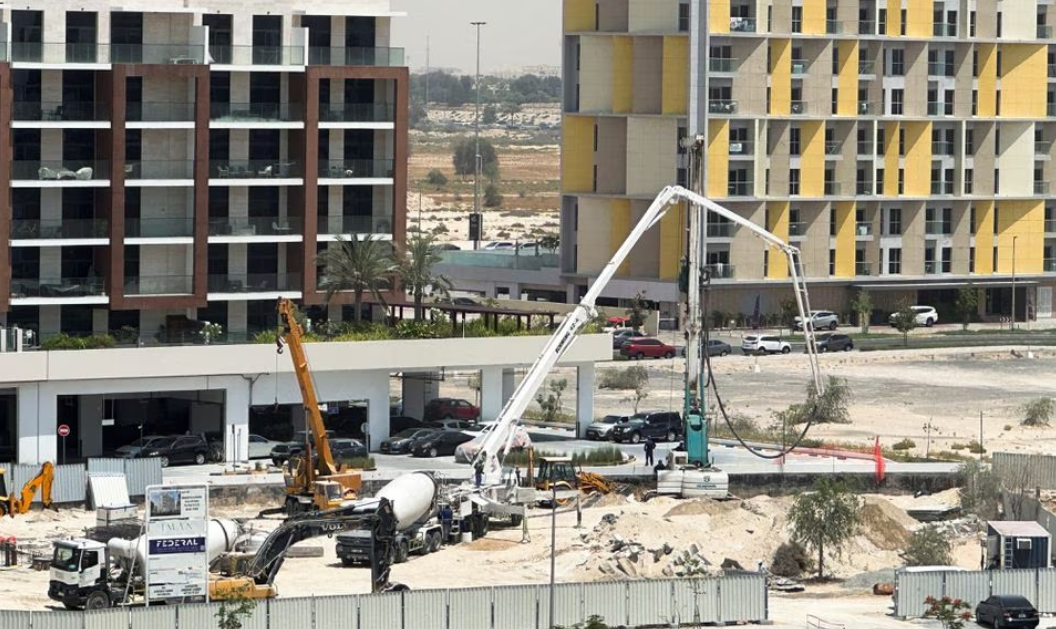According to a survey released on Tuesday, the pace of growth in non-oil economic activity in the United Arab Emirates slowed in August to its lowest level in six months, although business confidence increased to its best level since before the epidemic.
The S&P Global UAE Purchasing Managers’ Index, which is seasonally adjusted, dropped from 56.0 in July to 55.0 in August. Although it was at its lowest point since February, it was still much higher than the 50.0 threshold that indicates activity growth.
The production subindex showed a persistently high rise in activity, but it dropped in August from 62.8 in July to 61.9, the lowest level since January.
Although the operational conditions continued to improve in August, according to David Owen, senior economist at S&P Global Market Intelligence, momentum has slowed down since the four-year top was reached in June.
“Having said that, most PMI indicators—including increases in input purchases, inventory buildup, job creation, and strengthening supply chain conditions—continued to provide encouraging signals.
According to the study, the speed of growth in new orders remained solid, with the subindex at 57.6—the same level as in July—and being aided in part by bettering economic circumstances, higher household spending, and an increase in the number of customers.
The UAE has been expanding its non-oil sectors, putting a focus on commerce, tourism, manufacturing and logistics, as well as financial services, making it one of the most diversified economies in the Gulf.
According to preliminary figures released by the minister of economy last month, the UAE’s non-oil GDP increased by 4.5% in the first quarter, outpacing the 3.8% growth of the country’s overall GDP.
According to the most recent PMI survey, business confidence was high and at its highest level since March 2020, with robust economic growth forecasts fueling optimism.

